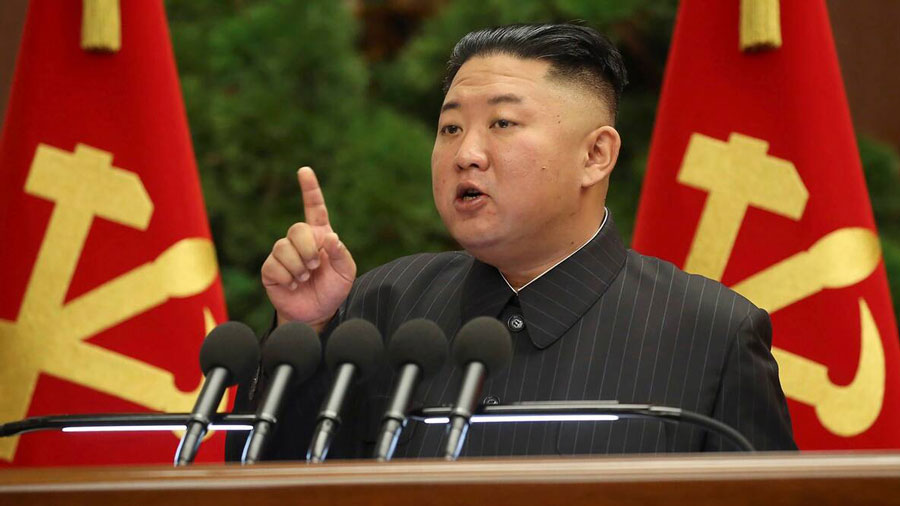'Jack Sprat could eat no fat, his wife could eat no lean’ — or so goes a popular nursery rhyme. In reality, though, Jack Sprat can eat all the fat he wants since the Potbellied Man, a species created by the labour and love of women, is a figure of cultural veneration. Be it in India or North Korea, the protruding male belly — Bengal’s beloved bhnuri — is supposed to be a signifier of abundance and not excess. Little wonder then that in a perfectly Kafkaesque moment, North Koreans are reported to be shedding copious amounts of tears at the sight of a relatively sprightly Kim Jong-un emerging after a hiatus in the shadows. The absence of the Supreme Leader from the public eye is as strange as his altered form in that country and around the world. Foreign correspondents are apparently buried in their notebooks, taking note of such critical foreign policy issues as the comparative tightness of the strap of the swanky watch on Mr Kim’s slimmer wrist. Pyongyang is beside itself with worry that a lighter leader is indicative of diminished political clout.
That weight loss can be a weighty issue in a gender-stratified world is best understood by examining the differential and discriminatory cultural rhetoric on weight. A podgy authoritarian leader can be foisted upon a nation as an ideal. But no such licences are available for a woman leader. Ladies, Gentlemen seem to be of the opinion, need to be lithe. A study published in the journal, Equality, Diversity and Inclusion, found that the electorate that voted the portly Donald Trump to power would likely reject women candidates for being overweight. Closer home, while campaigning for the Rajasthan assembly elections, Sharad Yadav suggested that the former chief minister of the state, Vasundhara Raje, should retire since she had put on weight. Politics is not the only sphere where women are not expected to throw their weight around. Two independent studies conducted by different NGOs showed that women who are overweight have slimmer chances of being employed and heavier chances of being underpaid than their male counterparts. This selective shaming has resulted in the genesis of a troubling set of aesthetics and ethics. From being forced to wear the corset that irreversibly damages internal organs to going under the knife to excise the excess from their midriffs, women have been coerced or conditioned to keep their waistlines in check. The mind suffers as much as the body in the process. Research by the National Bureau of Economic Research shows that being overweight produces higher dissatisfaction among women. Anorexia, an eating disorder that is the result of a distorted comprehension of the idealized, but problematic, body shape, is not known to be common in men.
Work, not weight, should be the best parameter to judge the performance of political creatures. It would be interesting to see how puffed-up men have performed on this index over the years. In fact, the pandemic has shown that women leaders — New Zealand is one example — do a far better job than men, heavily set or waif-like, when it comes to caring for the nation. Is there not food for thought here?











